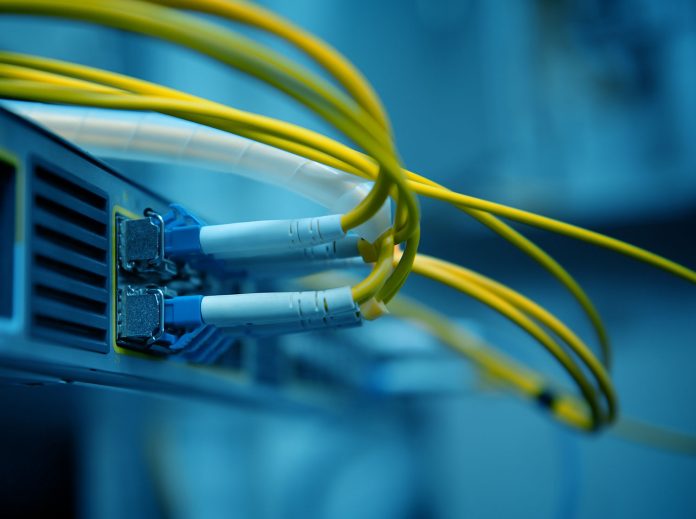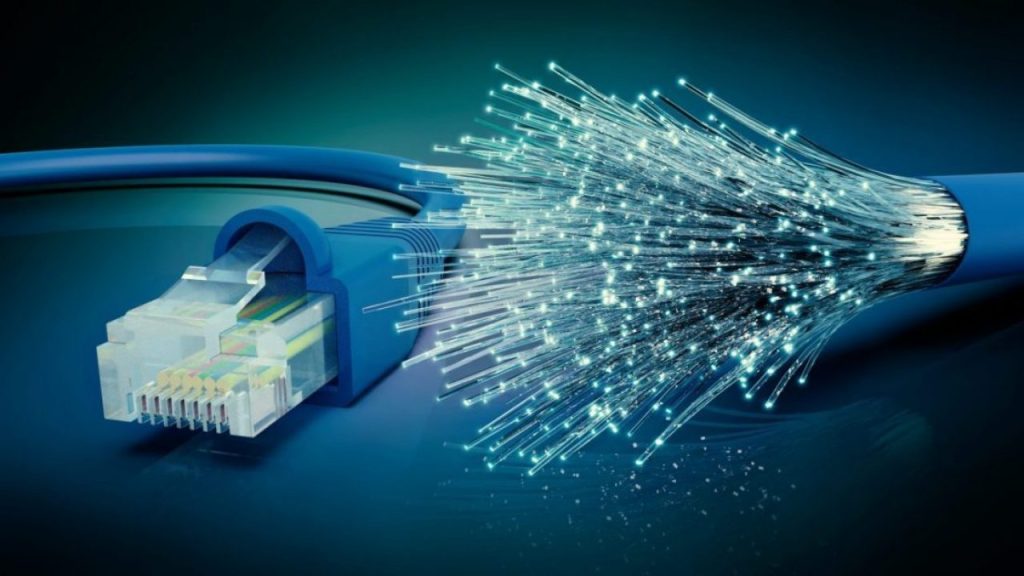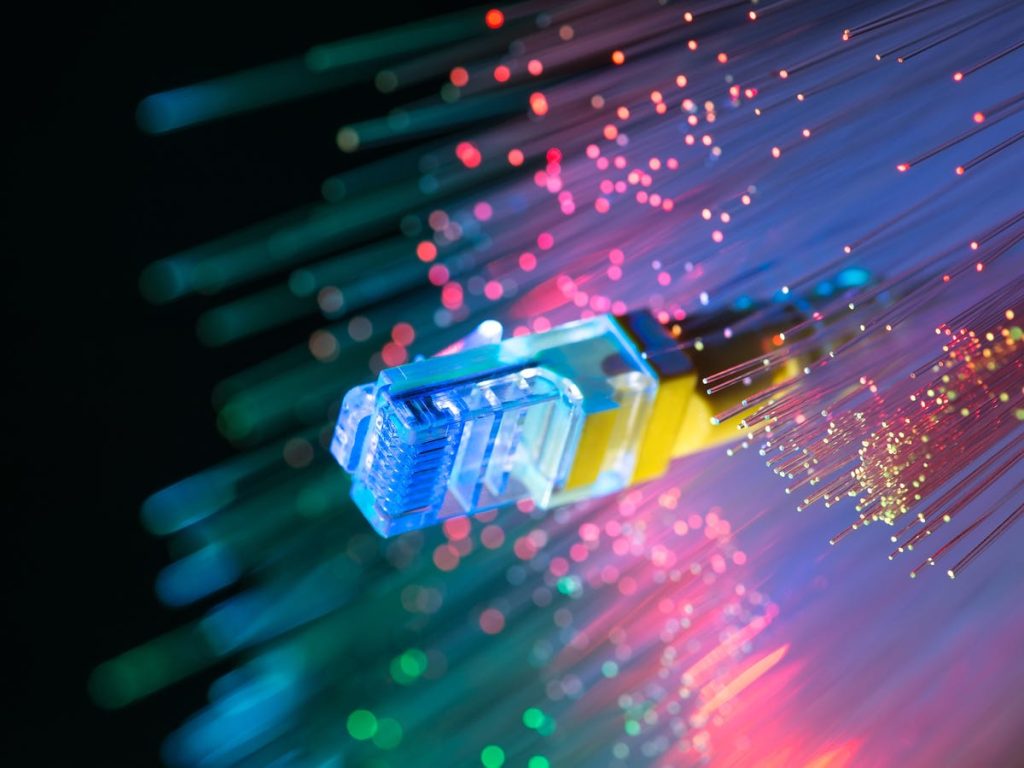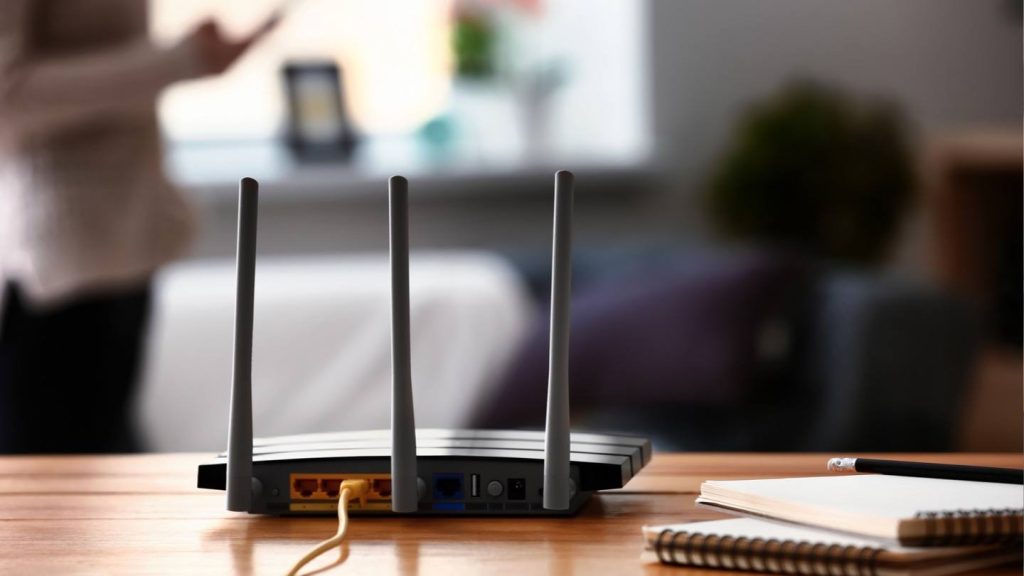
As a homeowner, you may be wondering what type of internet service is right for you. Copper-based internet service has been around for many years, while fiber optic internet service is a newer technology. Each type of service has its own pros and cons, so it can be difficult to decide which one is best for your needs.
In this blog post, we will compare copper and fiber optic internet service to help you make an informed decision. You can also click here to see an example of a great fiber optic internet provider.
Comparing Copper and Fiber Optic Internet
Most people are familiar with copper wire internet, which has been the standard for many years. However, fiber optic internet is a newer technology that is becoming increasingly popular. So what is the difference between these two types of internet?
Copper wire internet uses metal wires to transmit data. This type of internet is typically slower and more expensive than fiber optic internet. However, it can be more reliable in areas where there is a lot of interference, such as near power lines or radio towers.
Fiber optic internet uses thin strands of glass or plastic to transmit data. This type of internet is much faster than copper wire internet, and it is also less expensive. Additionally, fiber optic internet is less likely to be affected by interference.
What’s the Difference between Copper and Fiber Optic?

There are a few key ways in which copper and fiber optic internet differ. Most notably, copper internet uses physical cables to transmit data, while fiber optic internet uses light signals. This means that fiber optic internet is typically much faster than copper internet. Fiber optic internet also tends to be more reliable, as there are no interruptions in the light signal.
However, fiber optic internet can be more expensive to install and maintain than copper internet. When choosing between the two options, it is important to weigh the pros and cons carefully to decide what is best for your needs.
Pros and Cons of Copper Internet
Copper Internet, also known as DSL (Digital Subscriber Line), uses your home’s existing copper phone line to deliver high-speed Internet. So if you’re thinking about getting Copper Internet, there are a few things you should know. First, let’s look at the pros: Copper Internet is widely available, so chances are good that you can get it in your area.
Additionally, it’s relatively affordable, and it offers speeds that are much faster than dial-up. However, there are a few downsides to consider as well. For example, copper lines can be affected by weather conditions like rain or snow, which can lead to slower speeds or even outages. Additionally, Copper Internet requires a landline phone connection, so if you’ve ditched your home phone in favor of a cell phone, this may not be the best option for you.
Pros and Cons of Fiber Optic Internet

There are many advantages to fiber optic internet, which is why it is becoming the preferred choice for many businesses and homes. The biggest advantage is speed. Fiber optic internet offers extremely fast download and upload speeds, which is crucial for businesses that need to send large files or stream video. Another advantage is reliability.
Since fiber optics use light instead of electricity, there is no risk of service interruptions due to power outages. In addition, fiber optic cables are not susceptible to weather damage, so you can be confident that your connections will be stable even in extreme conditions. Finally, fiber optic internet is very affordable, especially when you compare it to the high cost of traditional cable or DSL service.
There are a few disadvantages of fiber optic internet as well. One of the biggest challenges is the installation process, which can be complex and time-consuming. In addition, not all areas have access to fiber optic cables, so you may need to upgrade your infrastructure before you can get service.
However, these disadvantages are outweighed by the many advantages of fiber optic internet, making it the clear choice for businesses and homes that need high-speed, reliable connections.
Why Fiber Optic Internet Is the Way to Go
As the world increasingly shifts towards being online, it’s more important than ever to have a fast and reliable internet connection. And when it comes to speed and reliability, fiber optic internet is the clear winner. Fiber optic cables are made of glass or plastic and can transmit data at insanely fast speeds – up to 100 times faster than traditional copper cables.
Not only that, but fiber optic connections are also much less susceptible to interference than copper cables. This means that you’re much less likely to experience disruptions in your service, even during severe weather conditions. So if you’re looking for an internet connection that can keep up with your busy lifestyle, fiber optic is the way to go.
How Fiber Optic Internet Connects You to the Web

Fiber optic internet uses a network of thin, flexible fibers to carry data at high speeds. These fibers are made of glass or plastic, and they are arranged in a bundle, similar to the way strands of hair are arranged in a ponytail. The fibers are often bundled together inside a protective jacket, and they are buried underground or run through the walls of buildings. At each end of the fiber, there is a device called an optical terminal that converts the data into electrical signals.
Fiber optic internet connections begin at a central office, where data is transmitted through fiber optic cables to neighborhoods or buildings. From there, the data is sent through smaller distribution cables to individual homes or businesses. The distribution cables connect to an optical network terminal (ONT), which is typically installed near the front door or in the basement. From the ONT, the data travels through ordinary copper wires to devices inside the home, such as computers, laptops, tablets, and smartphones.
Conclusion
Although fiber optic internet is more expensive to install, it’s well worth the investment for businesses. Not only does fiber optic provide significantly faster speeds and better reliability, but it also lasts longer than copper wire. If you’re looking for the best value and performance in an internet connection, fiber optic is the clear winner. If you haven’t already, consider making the switch to fiber optic today for a much better browsing experience.








